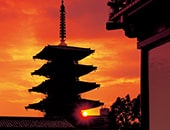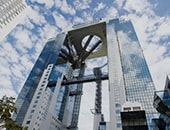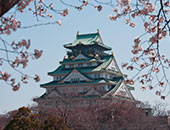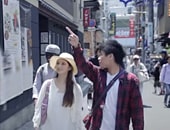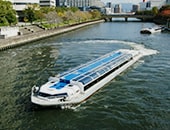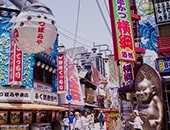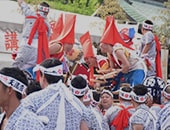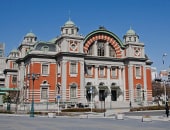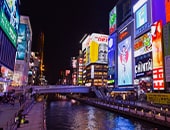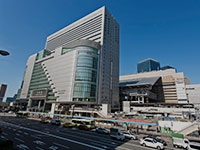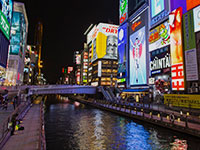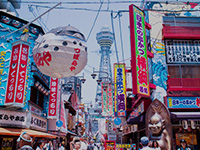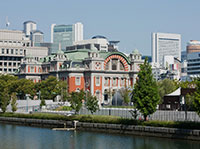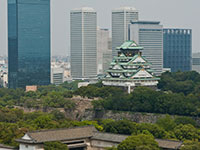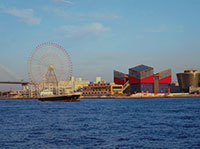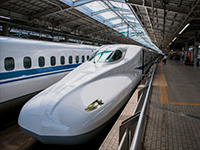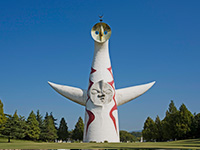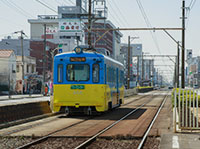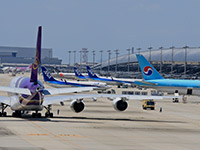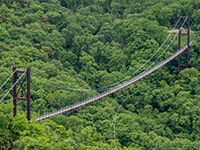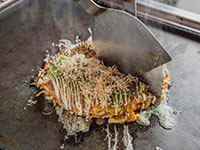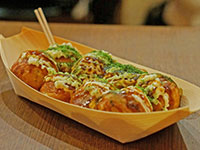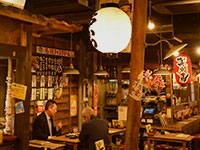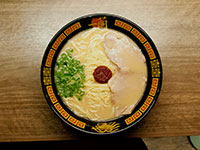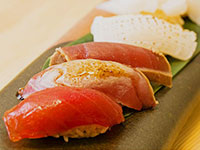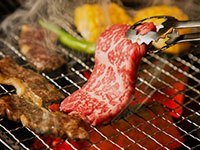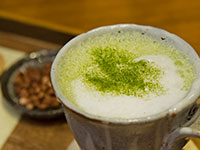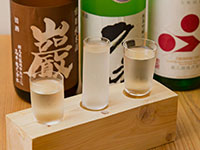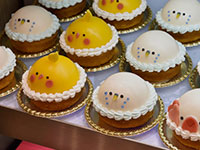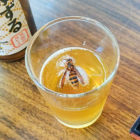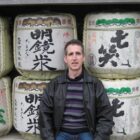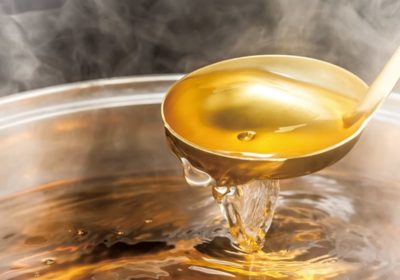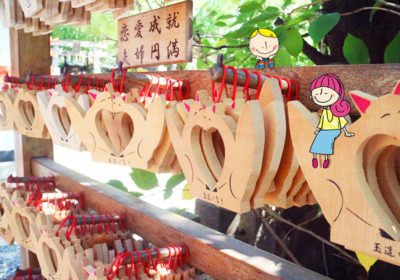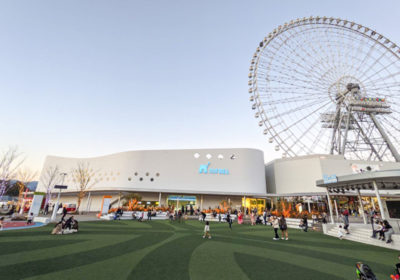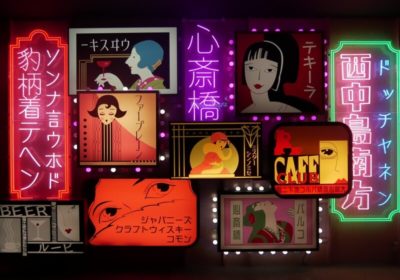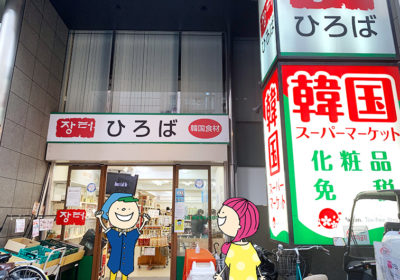

Supporter
The 7 Kansai-Ben Words You Need to Know and Use
We live in Osaka or around the Kansai area. All around us, people speak Kansai-ben (関西弁), the local version of Japanese. And yet, when we take Japanese classes, they insist on teaching us Hyoujungo (標準語) the official version of Japanese based on how the bureaucrats of Tokyo speak.
Earthy, spicy Kansai-ben is the language of real people living real lives here in Kansai. It’s used in Japanese comedy, and is a feature of most yakuza movies, too.
In contrast, Hyoujungo is sanitized and boring. That would be okay, we need to learn Hyoujungo to pass our Japanese exams or work at a big company, but if we want to understand the people around us and have a casual conversation with friends, if we want to talk like a human instead of a textbook, we need to speak Kansai-ben.
How different is Kansai-ben from Hyoujungo? It’s kind of like the difference between British and American English —basically the same, but completely different. There are small differences in grammar, a lot of differences in word meaning, and completely different slang. Pronunciation is so different that Japanese TV shows add subtitles to understand Kansai-ben speakers.
Unfortunately, there’s no DuoLingo for Kansai-ben, no Kansai-ben Language Proficiency Test. So to shock your teachers, amuse your classmates, and amaze Japanese speakers, here are 7 most important Kansai-ben words you need to know and use.
1. Maido まいど
Want to say hello? Say Maido!
Maido is an all-purpose greeting, similar to konnichiwa, but even better because you can use it any time of day.
Maido is short for “Maido arigatou gozaimasu” — thank you for your patronage, and includes a sense of gratitiude.
2. Ookini おおきに
In Kyoto, in particular, and in small, older shops, don’t bother saying arigatou. “Thank you” is Ookini.
3. Nanbo なんぼ
Want to know the price? Say: “Nanbo?” You won’t hear “Ikura?” outside of sushi shops.
4. Ya や
Ya is the Kansai version of da or desu. “Kore wa pen ya.”
Darou becomes yarou. Sou darou is Se yarou in Kansai.
5. Honma ほんま
Honma means “really”. There’s no hontou in Kansai.
If someone asks, “Honma kai na?” answer with “Honma ya de~!”
6. Aho 阿呆
Aho is a playful way to call someone foolish or stupid, similar to baka in Tokyo.
In Kansai, baka is a strong insult, so be careful who you call baka when you’re walking the streets of Nanba (which the natives call Minami — South Osaka). Say aho instead if you don’t want to be thrown into the Dotonbori River.
7. Akan あかん
Akan means bad, no, no good, hopeless, or anything you don’t like. It’s the Kansai equivalent of dame, and it’s used just as often. Hyoujungo? Akan ya!
These few words will get you started sounding like a native. Whenever you hear the inevitable, “Nihongo o-jouzu desu, ne,” be metcha omoroi and answer with, “Honma kai na~”
If you want to learn more Kansai-ben, pick up a copy of the metcha omoroi and honma ni yakunitatsu guidebook: Colloquial Kansai Japanese.

Supporter
The contents of this page were current at the time it was posted, but may differ from the present.
Text visible in this map is based on information from Map Tiler and may differ from actual geographical names.

